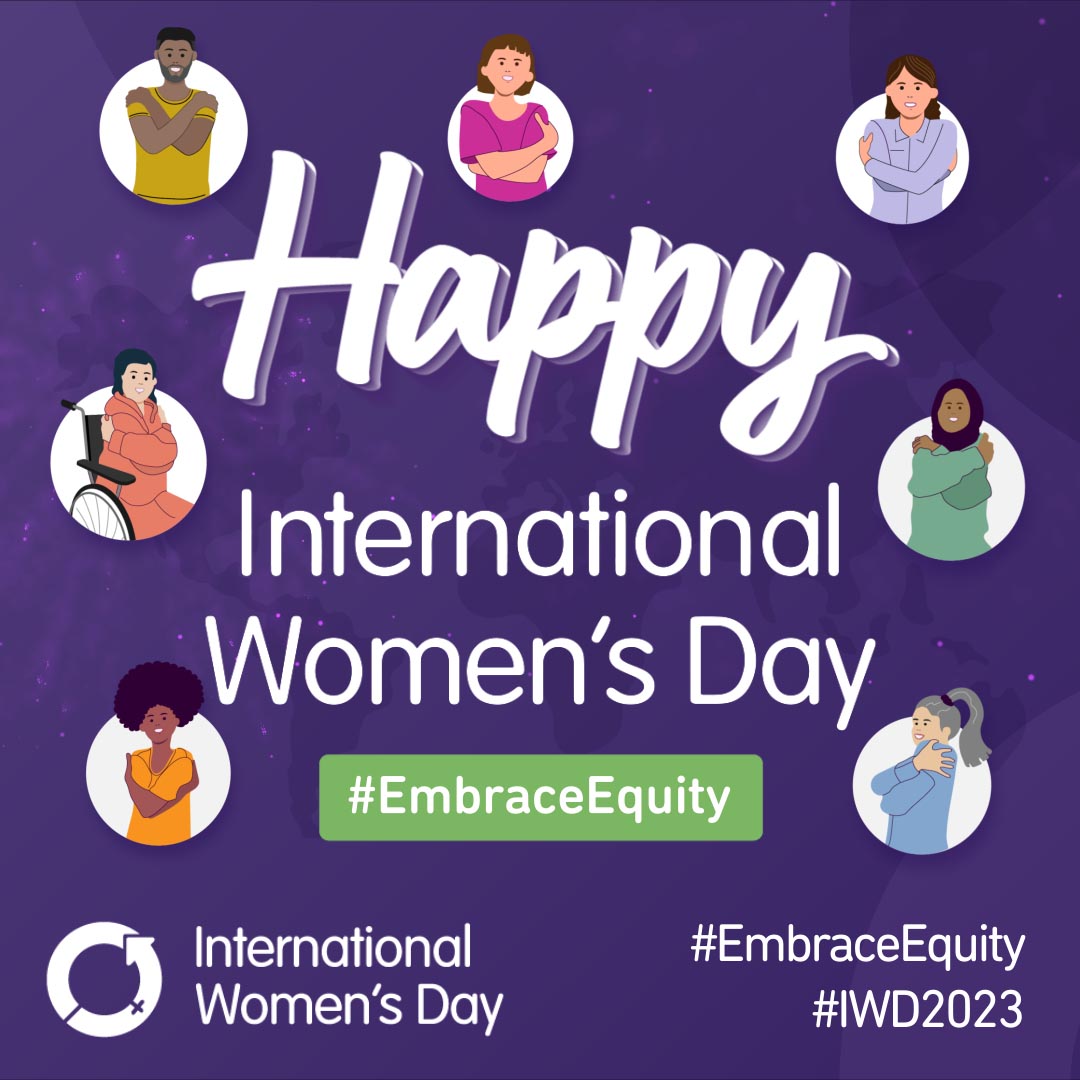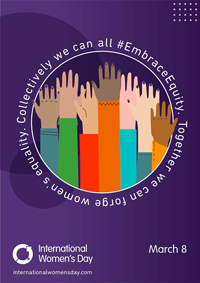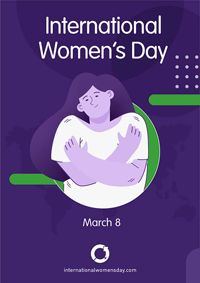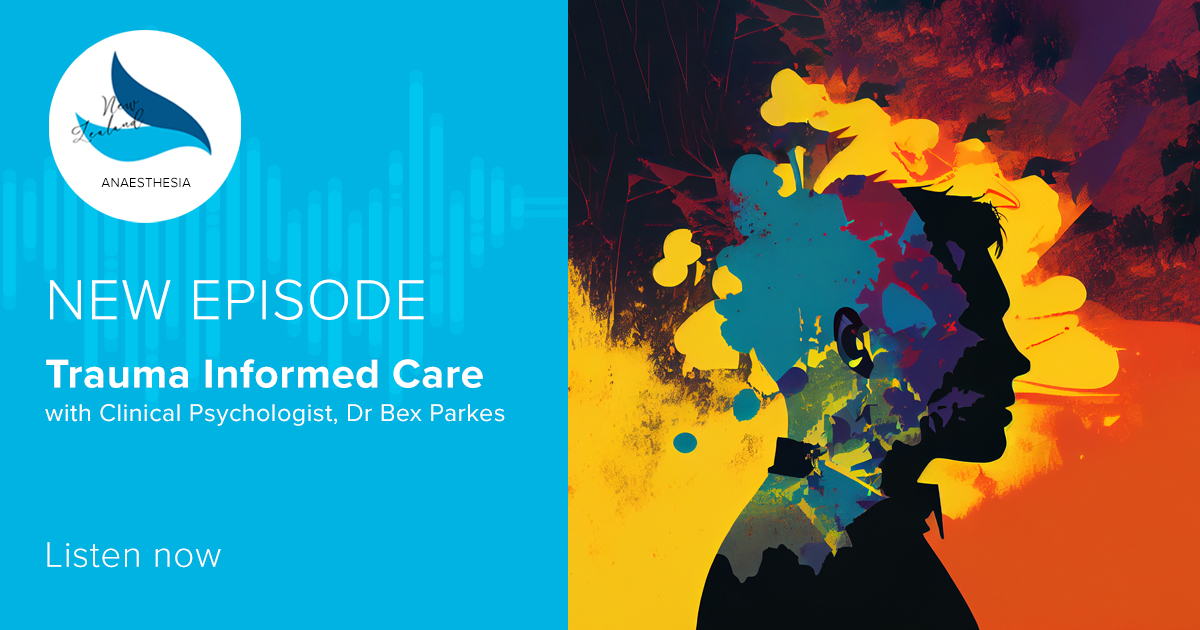International Women’s Day

NZSA President Dr Morgan Edwards and NZSA member Dr Jo Sinclair shared pieces in Te Whatu Ora’s International Women’s Day campaign. Republished with permission.
Is gender bias in health real?
Dr Morgan Edwards,
NZSA President & Consultant Anaesthetist Waitematā Hospital
A disclaimer for this piece: I will be using the term female/women throughout for the purpose of being succinct, but acknowledging that there are many people who have female reproductive organs, but do not identify as women or female. I am also aware of and want to acknowledge the significant bias in health, and society more widely, that affects gender diverse people, including transgender and non-binary folks – and invite readers to also hold this in mind.
Is gender bias in health real? I’m not sure there’s plausible deniability at a population level. Examples litter our medical landscape;
- People with endometriosis still face a 7-year wait for diagnosis, despite the disease affecting 10% of the female population
- Females are three times more likely than males to develop rheumatoid arthritis and four times more likely to be diagnosed with multiple sclerosis, an autoimmune disease that attacks the central nervous system.
- Only 68% of women received bystander CPR, compared to 73% of men; with poorer long-term outcomes for women
- Women with cancer consistently wait longer for a diagnosis after first noticing their symptoms – 2.5 years longer than men.
- Women are less likely to be given pain relief than men. They’re likely to wait longer for pain management. They’re more likely to be diagnosed with psychosomatic pain.
- Critically in Aotearoa Māori women are most significantly affected; Māori women are more than twice as likely as non-Māori women to be diagnosed with cervical cancer, and 2.5 times more likely to die from the disease.
So then undeniably we must go further than acknowledging that gender bias in health is real, and accept that it costs the lives of wāhine in Aotearoa. We must address this bias and inequity; turning equity into life-saving. We must understand and address structural inequalities. We must insist on gender-responsive budgets and institutions, free from discrimination. We must embed these principles in our healthcare reforms.
Most importantly, at a personal level, we must examine our own bias in its many forms. Its’ insidious unconscious creep, and how it impacts our clinical relationships and decision-making. Further, we must take conscious steps to overcome long-standing barriers: having uncomfortable conversations with ourselves, and others. Because ultimately, it is only virtue signalling if you don’t actually believe in and deliver equitable healthcare for all genders.


What is self-care to you?
Prioritising self-care when your job is to care for others.
Dr Joanna Sinclair,
Anaesthetist and Clinical Wellbeing Lead, Counties Manakau and Clinical Lead for Employee wellbeing, Te Whatu Ora.
The biggest thing I have learnt over the past decade is that the way we see ourselves impacts our wellbeing. I am the first to admit that, despite being in a position to offer guidance to others about what they could do to improve their wellbeing, I am not so good at finding time for doing those things for myself due to a very hectic work schedule and a busy family life. When you are busy, it is easy to start telling yourself that you are not good enough because you are not doing everything “the way you should”, even if the truth is that there are not enough hours in the day to actually do all the things you have to do, perfectly.
So, it’s important to do things like remind yourself that you are managing a lot and doing the best you can, which is all anyone can ask of you; ask for help; and learn to say no to things to create space for yourself.
On top of this, healthcare workers hold themselves to very high standards and often default to attributing bad outcomes to their own failings, whether or not that is factually correct. I’ve learned that it is important to check the stories I am telling myself about myself – my colleagues are very supportive of me if there is a bad outcome despite my best efforts, why should I not be forgiving and kind to myself too? Self-compassion is really important and the foundation of compassion for others.


